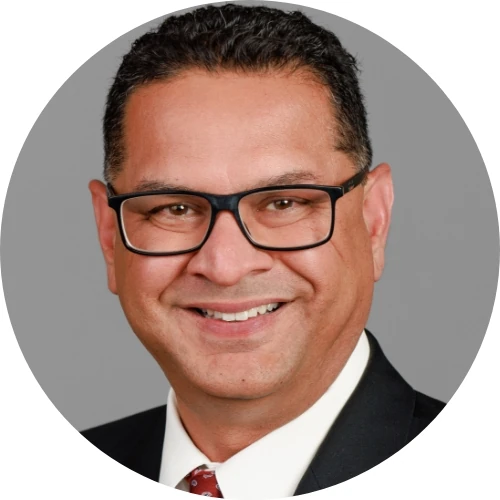.webp)
Prostate cancer is one of the most common cancers among men, with about 1 in 8 men diagnosed in their lifetime. The good news is that when it’s found early, prostate cancer is highly treatable — with survival rates over 99% in the early stages. That’s why knowing when to begin screening can make all the difference.
Why Screening Matters
Prostate cancer often develops slowly and may not cause symptoms at first. By the time symptoms such as difficulty urinating, blood in the urine, or pelvic discomfort appear, the cancer may have already progressed. Screening allows doctors to detect cancer earlier, when treatment is most effective.
General Screening Guidelines
- Average-Risk Men: Many experts recommend beginning discussions about screening at age 50.
- Higher-Risk Men: African American men, or those with a father, brother, or son who had prostate cancer before age 65, should consider starting as early as age 40–45.
- Shared Decision-Making: Screening is not one-size-fits-all. Talking with your primary care provider ensures the decision reflects your personal health history and risk.
What Screenings Involve
- PSA Blood Test: Measures prostate-specific antigen levels. Elevated levels can suggest prostate cancer, but also other conditions.
- Digital Rectal Exam (DRE): Not always routine in the U.S., but may be recommended based on symptoms or risk factors.
- Follow-Up Testing: If results are abnormal, additional imaging or a biopsy may be recommended.
The Bottom Line
Men should have an open conversation with their doctor by age 50 — or earlier if they’re at higher risk. Screening may not prevent prostate cancer, but it can save lives through early detection.
FAQ
At what age should men start prostate cancer screening?
Most men should begin at 50, but those with risk factors may start earlier.
What is a PSA test?
A simple blood test that measures prostate-specific antigen levels to screen for prostate cancer.
Is prostate cancer screening done routinely in the U.S.?
Not always. Guidelines vary, so men should ask their doctor.




